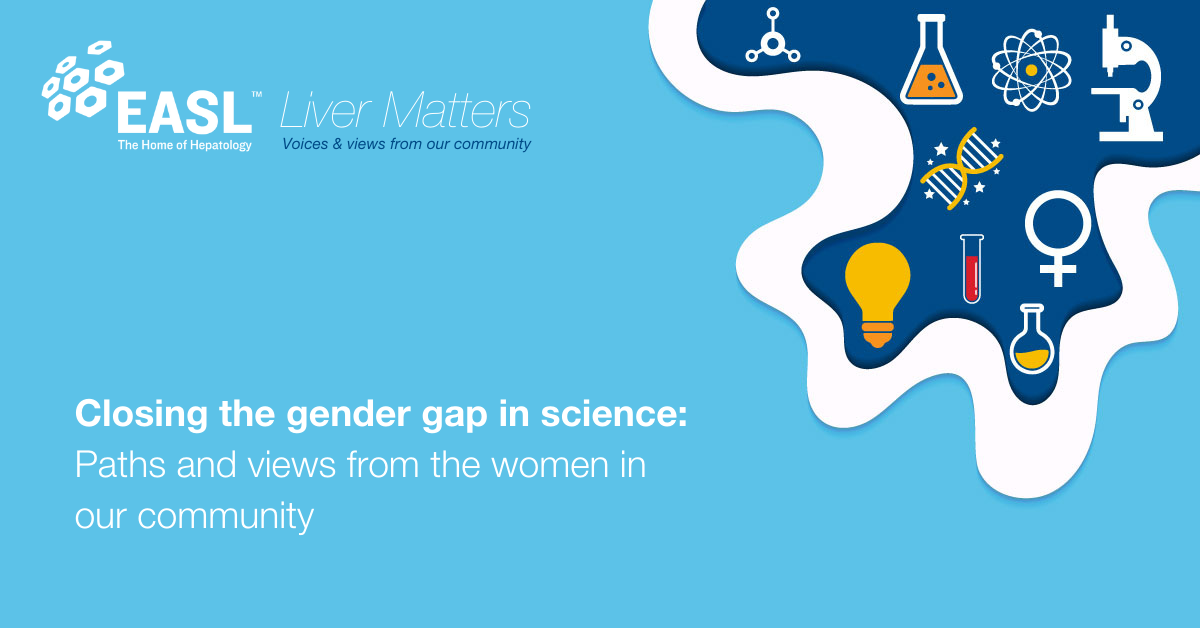
Gender Equality Month happens every March, and in celebration, the UN has underlined the importance of achieving gender equality and empowerment of all women and girls1 by enshrining this goal in its 2030 Agenda for Sustainable Development.
Unfortunately, despite upswell in clamour for social justice and gender equality in the recent years, women continue to be systemically disadvantaged across several social and professional contexts. Science and hepatology, sadly, are no exceptions.
We spoke with strong women members of our community. Despite obstacles, discrimination and steep societal expectations, these powerful women have persevered and achieved their goals. Now, they’re paying it forward by looking back on how gender affected their careers, sharing stories and lessons that they would like to leave for their younger colleagues.
1 UN Sustainable Development Goal number 5: Achieve Gender Equality and Empower all Women and Girls
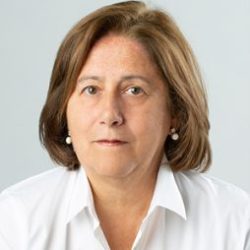
Maria Buti
Current EU Policy Councillor, EASL Governing Board
My advice to women who want to pursue a career in hepatology or science in general is simple: Follow your passion and work hard!”
Click to read more 👇
I decided to study medicine because I’ve always been passionate about health and consider it as a way to help people live a better life.
Even though gender balance issues are slowly being addressed, and the situation has improved in recent years, women continue to be underrepresented in science, particularly at high-level positions. In order to tackle this, we need more research partnerships that promote and provide equitable gender representation. For their part, men also need to be more engaged in discussions about how to achieve true gender equality in the field.
My advice to women who want to pursue a career in hepatology or science in general is simple: Follow your passion and work hard!
Mounia Heddad-Masson
Head, Education & Science Department at the EASL Office
Science is the place for creativity, curiosity, and sharing. Anyone willing to pursue a career in science should give it a try. Being a woman should not be an obstacle.
Click to read more 👇
Becoming a scientist was my childhood dream. I was always fascinated by the complexity of nature. I found the study of the of living organisms and unravelling the mysteries of biology to be fascinating. Science means continuous learning and intellectual challenges, as well as curiosity and sharing.
Even though I was spared from gender gaps issues during my PhD studies, I eventually had to face them later in my career. Thankfully, I was fortunate to meet and work with inspiring women scientists who paved the way for me and encouraged me to pursue my career and objectives.
Still, there are many challenges to reach gender equality in science. According to a recent UNESCO report2, the gender gap widens as women progress through their academic careers, with representation decreasing at each successive step: from PhD student to post-doc, and assistant professor to full professor.
Overall, women researchers tend to have shorter, less well-paid careers and their work is underrepresented in high-profile journals, and are often passed over for promotions. Women are typically given smaller research grants than our male colleagues and, while we represent 33.3% of all researchers, only 12% of members of national science academies are women.
Although there are still challenges, I believe that science is the place for creativity, curiosity, and sharing. Anyone willing to pursue a career in science should give it a try. Being a woman should not be an obstacle. My advice: Believe in yourselves and your dreams; smash the stereotypes!
2 UNESCO research shows women career scientists still face gender bias
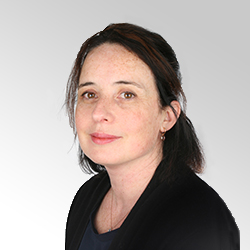
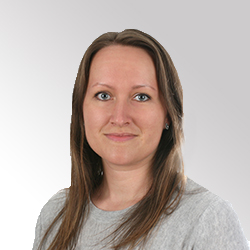
Kristina Jajcevic
Editorial Assistant, Journal of Hepatology
Just follow your own dreams regardless of social pressures or of other people’s norm. We learn from and look up to people who succeeded despite challenges, not the ones who gave up because of them.
Click to read more 👇
Science has always been part of my life, ever since my childhood. One of my favourite hobbies growing up was to solve mathematics problems with the help of my father, himself a chemist working as a food scientist. A lot of discussions in the house revolved around chemistry, too, so I quickly realised how important the subject is and how crucial it is to our everyday life. From that point, my interest in chemistry soared, and I later embarked on a long academic journey that brought me to a PhD in the field.
Gender issues haven’t been part of my path until I started my PhD degree. I gave birth to my first child just before starting my studies, and I remember a male professor telling me how unusual it was to have a child at the beginning of a PhD. Most women, he said, would wait to have finished before having kids. He warned me about the difficulties and challenges I might encounter along the way. But in the end, not only was I able to complete my degree, but I also had my second child during the PhD.
Though I managed to complete my degree while also being a parent, I think this is the kind of situation that shows how striking the gender gap still is. Since women bear children, we are more likely to take time away from work due to pregnancy or maternity, unlike most men. Very few countries have established a suitable system that doesn’t force women to make trade-offs between their career and family, a quandary no man would face. I believe that redressing this unfair system is crucial to reach true gender equality in any field.
My advice to anyone – women or girls, men or boys – willing to pursue a scientific career is the same: Just follow your own dreams regardless of social pressures or of other people’s norm. We learn from and look up to people who succeeded despite challenges, not the ones who gave up because of them.
Johanne Poisson
Member, EASL Young Investigators Task Force
The goal is that your gender should not be relevant at all to what you want to achieve.
Click to read more 👇
As a child, I had to go to the hospital several times. There, I got to know a very independent and feminist female paediatrician, who eventually became one of my role models. I wanted to become like her growing up, so I decided to become a doctor. In med school, I decided to become a geriatrician to help older patients, and during my residency I met an inspiring hepatologist, Prof. Pierre-Emmanuel Rautou, who introduced me to the interesting field of liver science. In the end, my story is a succession of role models who shaped my life and career.
I don’t think that I ever lost out on an opportunity because I’m a woman. I have also been lucky enough to be surrounded by very thoughtful and feminist men and women during my studies, and throughout my career in the hospital and in the lab.
However, to be able to navigate this world shaped by men, I probably had to prove myself and work harder than any man. Now that I have been raising my own child for almost 1 year now, I must admit that I am feeling this gender gap, even if my companion is of great help. I must prioritise, accept to lose some opportunities, and reorganise my time. But I have never been as fulfilled as I am now, and my career is still moving in the direction I want it to.
Of course, there is a lot of work left to do to reach gender equality. The success of a woman should not depend on the will of great and feminist companions, husbands, chiefs of department, or heads of lab. A woman should be able to succeed on her own – while being a mother if she desires – which right now is unfortunately very difficult. The real issue is that women must act like men to succeed because our society is still shaped by and for men.
A real solution would be to modify the system so that it meets the needs of women’s lives. Women don’t necessarily have to act like women and have kids, for example, but they should be able to choose to be and become whomever they wish. The flexibility of the system is key here. To reach that, every piece of the current system needs to change – from institutions, policies, and mentalities. The goal is that your gender should not be relevant at all to what you want to achieve.
If I had to give a piece of advice to any woman or girl willing to pursue a career in science: Be perseverant. Follow your passion and never forget that there is no limit to your ambition. During my studies, some people told me: “You can’t be a medical doctor and a basic scientist while having a family. You shouldn’t do that.” The funny thing is that they were being said by men trying to do the same. These comments questioning my ability to pursue my career as a woman motivated me even more to prove them wrong. Finally, choose well your mentors, as well as the people who surround you in your personal and professional life.
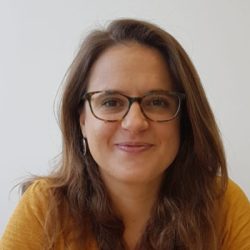
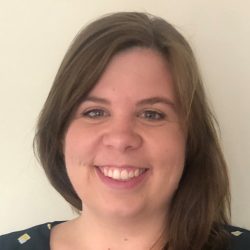
Charlotte Scott
2021 EASL Emerging Leader Awardee
If this is what you want, there is no reason not to try. Being a specific gender does not make you any less qualified to perform research, so go for it!”
Click to read more 👇
My interest in biology began in school, but I’ve always been curious, wanting to understand how and why things work the way they do. This, coupled with some family illnesses and the desire to understand the mechanisms at play, drove me to study immunology, where the data then led me to the liver.
I think you don’t have to look too far to find gender gaps in science. It can be as simple as the lower number of women, transgender, or non-binary professors in academia. Personally, the gap I notice and feel the most lies in the way gender influences how people comment on others’ actions. I see it at all levels: from students to postdocs to professors. Of course, these comments tend to be rare, but their effects are not small, and they highlight that there are still many challenges to tackle before we reach gender equality in science.
While we are starting to take steps to solve the gender gap, at least in terms of numbers and visibility, these behavioural differences and the responses they invoke is something that will take much longer to overcome, and requires a real global effort. If you receive or hear a comment that you feel would not have been made to another gender, it’s difficult but important to speak up and make it clear that we cannot tolerate this.
Another big concern is the current rhetoric that women are only being hired to bridge the gender gap, rather than based on their own merit. I do not know a single woman in science who would even apply for a job for which they do not feel qualified for. This opinion that they are somehow less deserving of positions is toxic and we really need to do everything we can to counter this.
My advice to any girl/woman/non-binary/transgender person considering a career in science (or any other field)? If this is what you want, there is no reason not to try. Being a specific gender does not make you any less qualified to perform research, so go for it! Of course, there will be hurdles to overcome, and these are likely to be more numerous than if you were a Caucasian man, but it is not impossible.
What was key for me was to find people who will support you in this endeavour, and who will always have your back – both for the wins and the setbacks. For me this was my mentors Prof. Allan Mowat and Prof. Martin Guilliams, they have always been very encouraging and supportive. I know that without them, I would not be where I am today.
How about you? Have gender issues ever impacted your career? Share your story below!


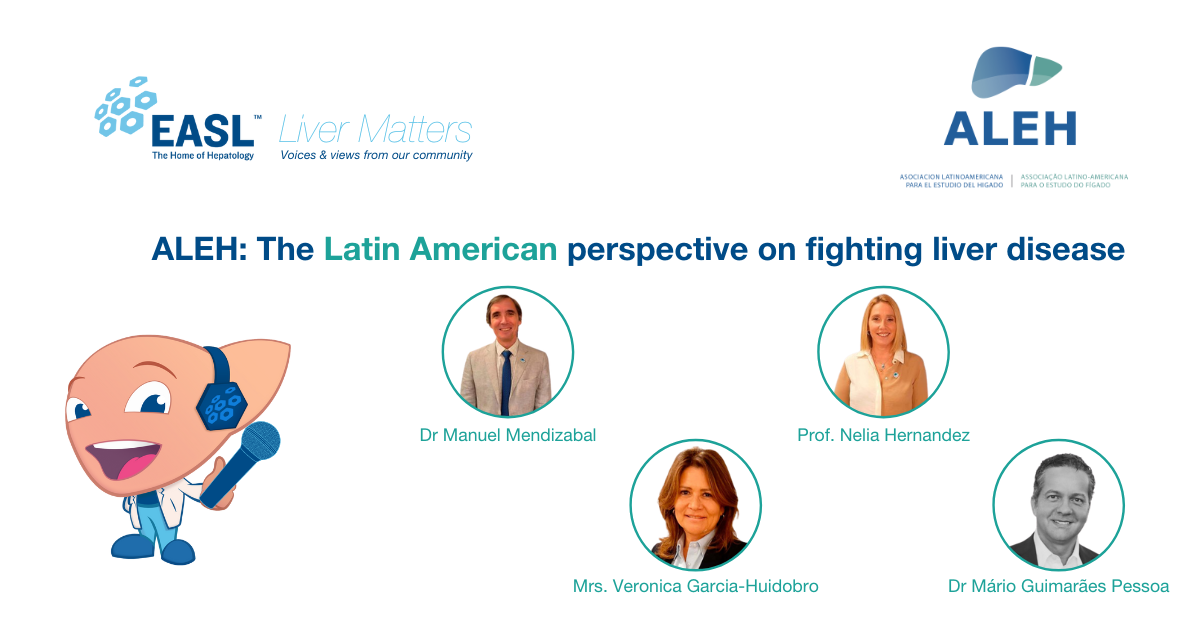
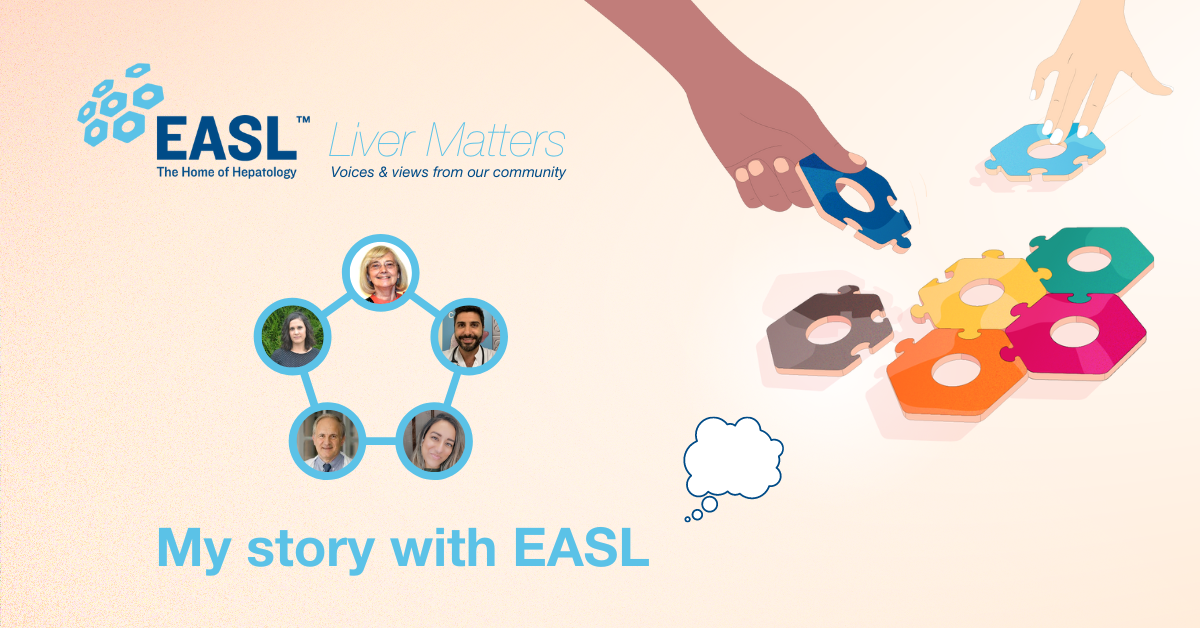
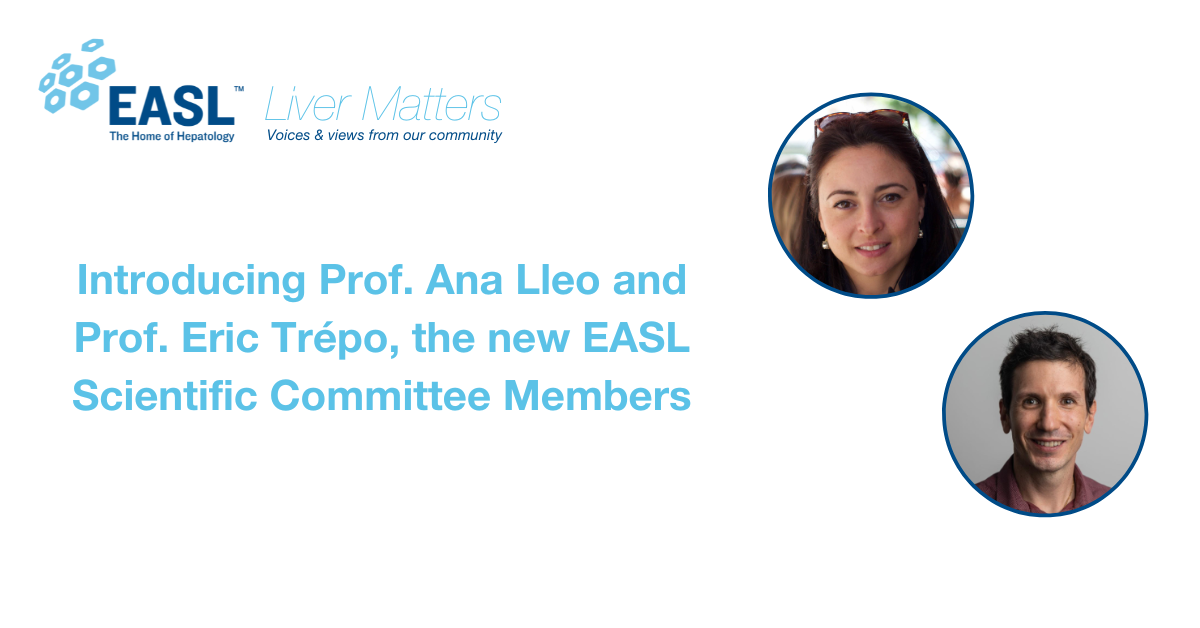
Comments (0)